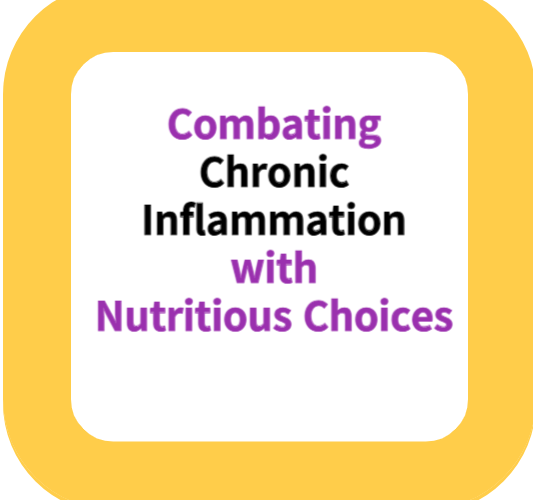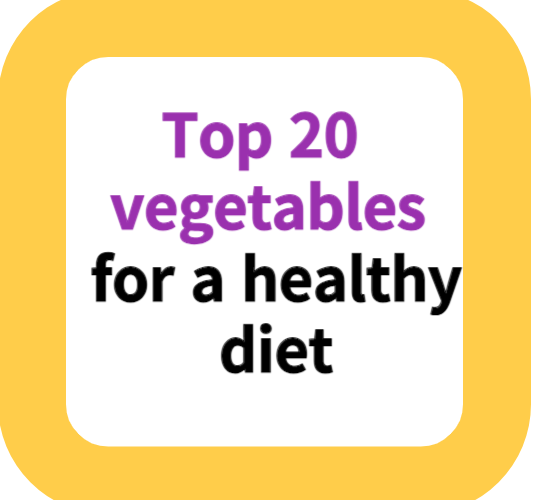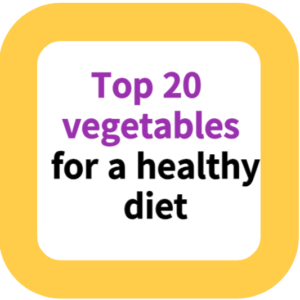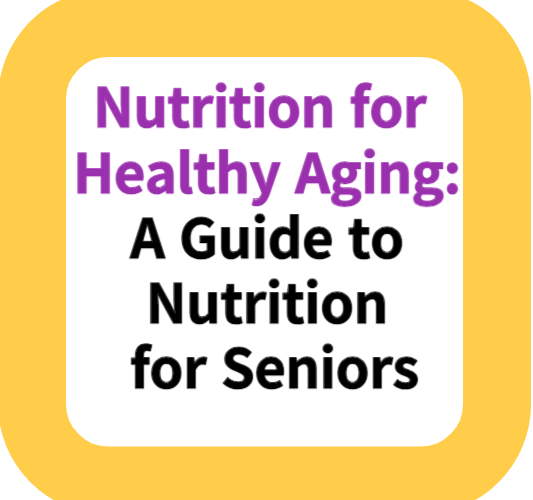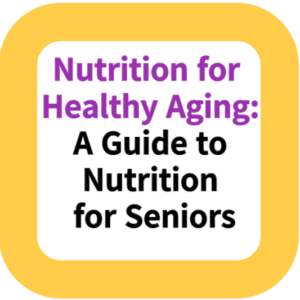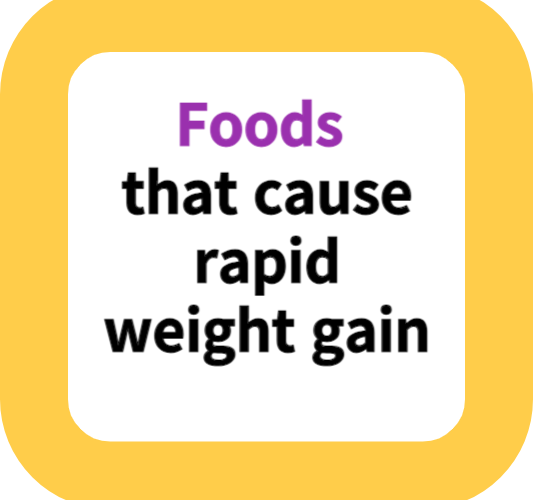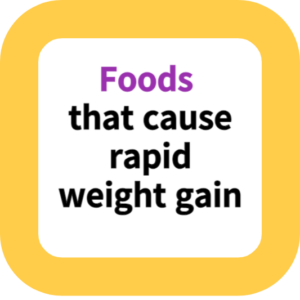Combating Chronic Inflammation with Nutritious Choices
Welcome to our latest blog post where we delve into the profound impact of diet on chronic inflammation, inspired by insights from Harvard Medical School. Chronic inflammation is often overlooked as a minor discomfort, yet it is linked to a plethora of serious health conditions such as allergies, diabetes, and cardiovascular diseases.
In this post, we’ll explore how simple dietary adjustments can dramatically reduce inflammation and enhance overall well-being. We introduce a nutritious and simple breakfast recipe featuring steamed vegetables like carrots, zucchini, and eggplant, paired with a homemade healthy sauce made from yogurt, ssamjang, and flaxseed oil.
This meal is not only delicious but also packed with antioxidants and essential nutrients designed to start your day right. Join us as we discuss how the right foods can transform your health, providing practical tips to incorporate into your daily routine for lasting benefits.
Combating Chronic Inflammation with Nutritious Choices
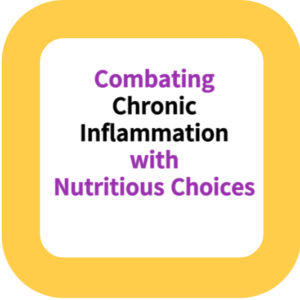
Introduction: The Importance of Diet in Managing Chronic Inflammation
Do you often wake up feeling heavy and tired, experiencing frequent inflammation? According to a health journal published by Harvard Medical School, the best way to combat inflammation is not through medication but through the foods we store in our refrigerator. This perspective highlights that altering our dietary habits is the initial step in resolving chronic inflammation.
The Link Between Chronic Inflammation and Diet
Many people do not take chronic inflammation seriously, dismissing it as a minor inconvenience. However, medical professionals have found that chronic inflammation contributes to over 80% of diseases. This inflammation is linked to a variety of conditions, including shingles, allergies, diabetes, high cholesterol, and chronic fatigue, among others.
The Importance of Healthy Eating Habits
Choosing nutritious foods over those high in sugar and fats is crucial. The nutrients we consume daily are more significant for our health than any supplements, impacting our long-term wellness profoundly.
Introducing a Healthy Breakfast Option
This video suggests a simple yet nutritious breakfast option that effectively reduces inflammation and enhances antioxidant capabilities. The primary ingredients include carrots, zucchini, eggplant, shiitake mushrooms, bell peppers, and cabbage.
Preparation and Cooking Methods
Start by boiling water in a steamer, then prepare the vegetables by washing and cutting them into appropriate sizes. These vegetables can be stored in the refrigerator, ready to be cooked daily, which helps maintain healthy eating habits consistently.
Proposing a Healthy Sauce
A healthy sauce made by blending yogurt, ssamjang (a traditional Korean condiment), and flaxseed oil offers a nutritious alternative to high-sugar, high-fat commercial sauces. This sauce complements the vegetables, enhancing the flavors of a healthy breakfast.
Health Benefits and Taste Evaluation
The prepared breakfast is light on the stomach, improves skin health, and aids in weight loss. The sauce introduced is savory and rich, making it an excellent addition to the breakfast, ensuring it is tasty without being overwhelming.
Conclusion: The Importance of a Healthy Breakfast
Starting the day with a healthy breakfast is vital for improving overall health and managing chronic inflammation. By utilizing steamed vegetables and a wholesome sauce, this breakfast option provides a simple yet nutrient-rich meal that supports a healthy lifestyle.
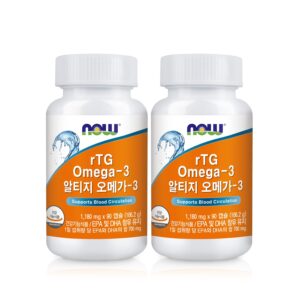
쿠팡파트너스 활동을 통해 일정액의 수수료를 제공받을 수 있습니다.
